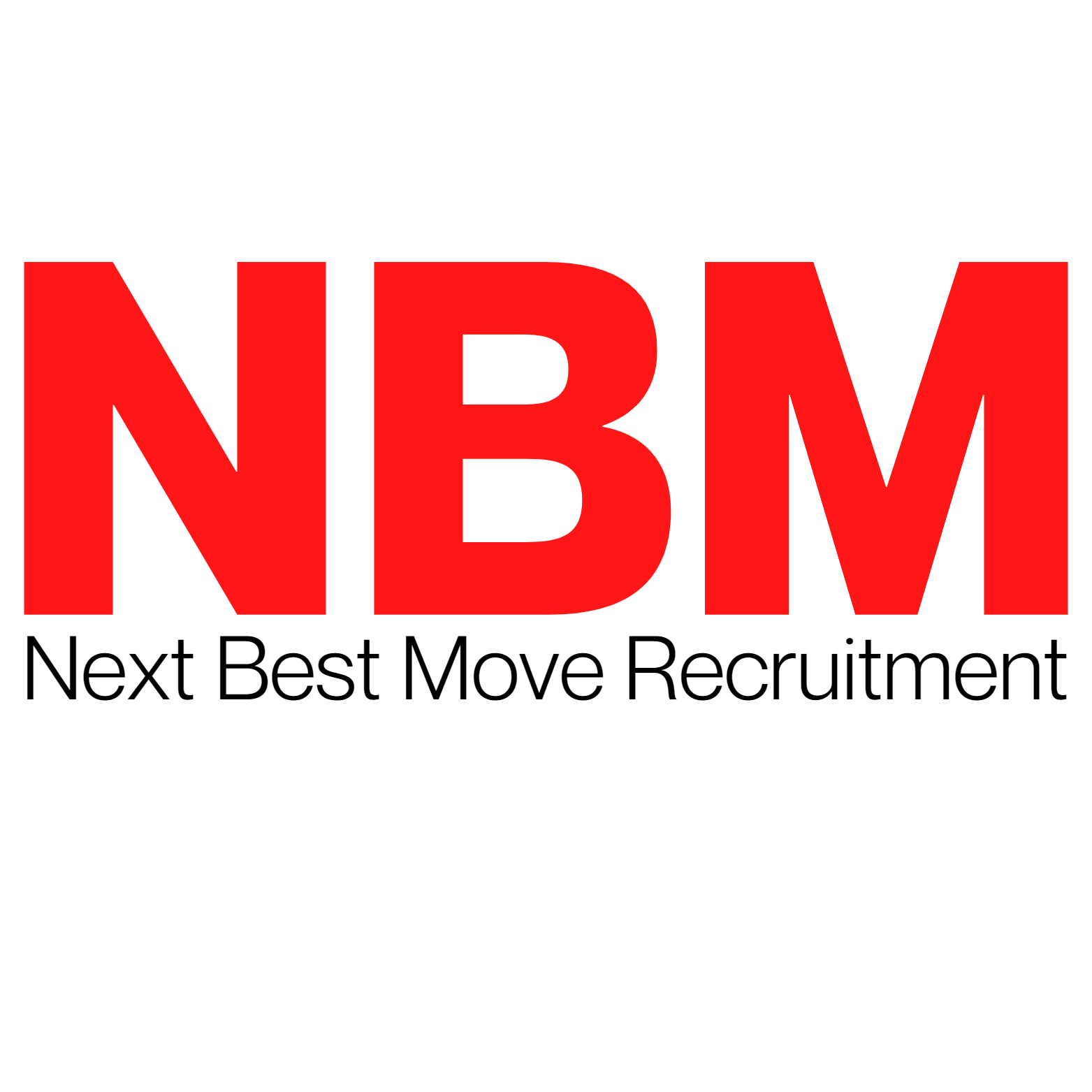
Interview Techniques
When preparing for interviews these are a few techniques that have passed the test of time. We will explore a few of the methods for you in this blog.
Firstly, When answering questions be clear and concise in your answers. The best way to do this is to practice and prepare as best as possible to predict the questions which you think will be asked during the interview process. Some organisations use the ‘STAR’ method of interviewing. This is ‘S’ where you give an example of for the situation that happened and set the scene. The ‘T’ stands for the task, and this is where you described what your responsibility was in this situation itself. The next step in the process of how you answer the question is to go onto their ‘A’, actions and explain clearly what you’ve done in this situation and what your steps were to address the situation finally, the ‘R’ stands for results, and this is where you share what the outcomes were, and results achieved.
When preparing for an interview make sure that you research the organisation and find out key things like when they were founded who the founders are, what the vision is for the organisation, and also what the objectives are for your position. You’ll be surprised at how many people fail to prepare and look at the website of the company they’re going to be interviewing for, the about us page of the company website is a great place to start your research!
It would be great for you to go on online on LinkedIn if possible have a look at the hiring managers profile and do any other research relevant to show that you’ve taken a key interest in the role and also in the people that you’ll be meeting this shows them that you’re interested and this could be the difference between you and another candidate.
If you are doing a remote interview location, location, location. Plan where you will complete the interview. Ensure there is a good strong internet connection, good lighting, and the location is quiet and secluded with limited distraction, none if possible. Always use a laptop instead of your phone, if this is not possible then work on the location of your phone.
It’s always advisable to have a copy of your CV to hand. If you can print this out before the interview and place this somewhere where it is visible for you to refer to during the interview. If this is not possible, then it would be great for you to create a summarised list of your CV, just so that you can order your thought process and again ensure that your answers can be concise and to the point.
You should have some questions prepared to ask during or at the end of your interview. Good examples of questions would be asking the employer their favourite things about working for the company? Where do they see this role progressing within the organisation? What would success to you look like within the first few months of starting this position? How soon would you like to get someone to start the position?
If you have any sort of personal requirements like, if you would like the role to be hybrid, this is a good time to ask. Reassure the interviewer that these are not deciding factors, but it is always good to gain an indication of the organisation culture, additionally, by asking genuine reasonable questions, it can also show you are keen to decide for the long term, and not just making a decision and taking a role for the next few months.
At the end of the interview make sure you end the interview well you thank them for the time it’s also good at this stage to ask when they expect to come back to you with feedback this would be so that you can both set clear expectations and you should know when to hear back from them at an early stage interviews getting back to you within an appropriate time with feedback and keeping to their commitment is a great indication of what working with this organisation could look like in the future and it’s great to always notice these subtle things.
If you’re fortunate enough to go into the office pre-COVID times make sure you greet everyone well with respect on the way in it’s always great to make sure that you keep good eye contact this also works for remote interviews and respond well to questions and ask I’m giving verbal communications like yes I understand this reaffirms that you’re listening and also paying attention to the conversation and it’s good for building rapport with your interviewer.
It’s good to get a bit personal. You will be working with these people for some time, so it is OK to find out a little bit about themselves, what they like to do in their spare time and what their hobbies and interests are. During an interview setting you should always be professional, however, it is good to be able to have a personable conversation and gain a mutual understanding’s likes and interests as this would help you to build your relationship moving forward. Work with work you will spend more time there than you will at home with your family so why not choose an environment which you’re going to like.

Share
Facebook
Twitter
LinkedIn
Telegram
Tumblr
WhatsApp
VK
Mail